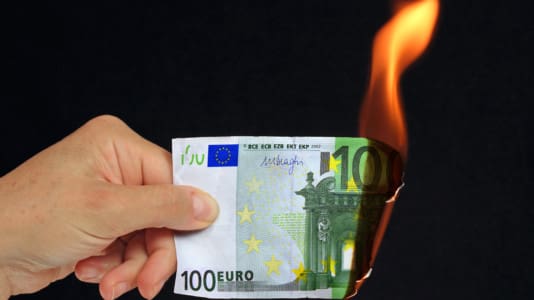While the United Kingdom population remains broadly supportive of Western sanctions on Russian energy, its support is not unconditional and could change significantly should energy prices continue to rise in the country, new polling has revealed.
An Ipsos survey conducted for Sky News revealed that 70 percent of respondents were currently in favor of continued sanctions against Russia for its aggression in Ukraine, sanctions that have led to an unprecedented rise in energy prices across Europe prompting national government intervention — just 8 percent are opposed to sanctions and 23 percent were undecided.
The 70 percent figure in support of sanctions has dropped by 8 percentage points from when the same question was put to the public back in March, shortly after the Russian invasion of Ukraine.
However, the same polling warns that public support for sanctions could erode and quickly should the cost-of-living crisis in the country worsen.

When respondents were asked whether they would continue to support the government’s implementation of economic sanctions against Russia, even if they led to energy prices in the U.K. increasingly ever further, that support plummets from 73 percent back in March to just 41 percent — 27 percent were hesitant and stated ‘Neither/Don’t Know,’ while 32 percent revealed they would oppose the continuation of sanctions, up 24 percent points on March.
Energy costs in Britain have more than doubled since the question was first put to respondents in March.
When respondents are split between those who profess to be living comfortably, and those finding it difficult to manage economically at the current time, opposition in the latter category to sanctions if energy bills were to increase further would outweigh those in support by 40 percent to 34 percent respectively.
And even among those living comfortably, support for sanctions would drop from 75 percent currently to 48 percent, with opposition rising from 7 percent to 27 percent.





